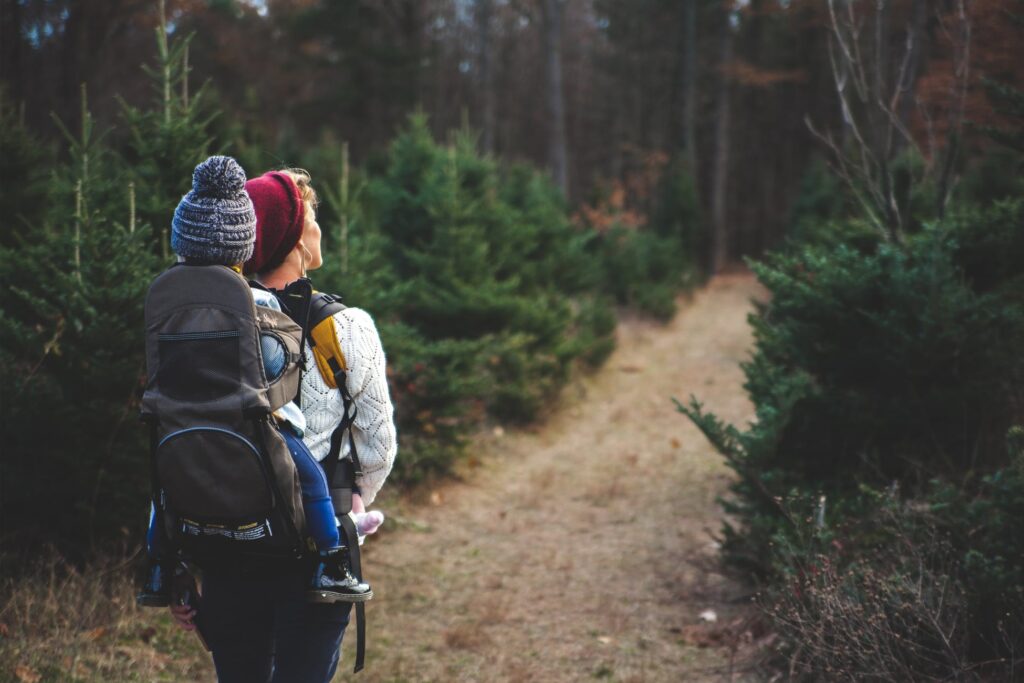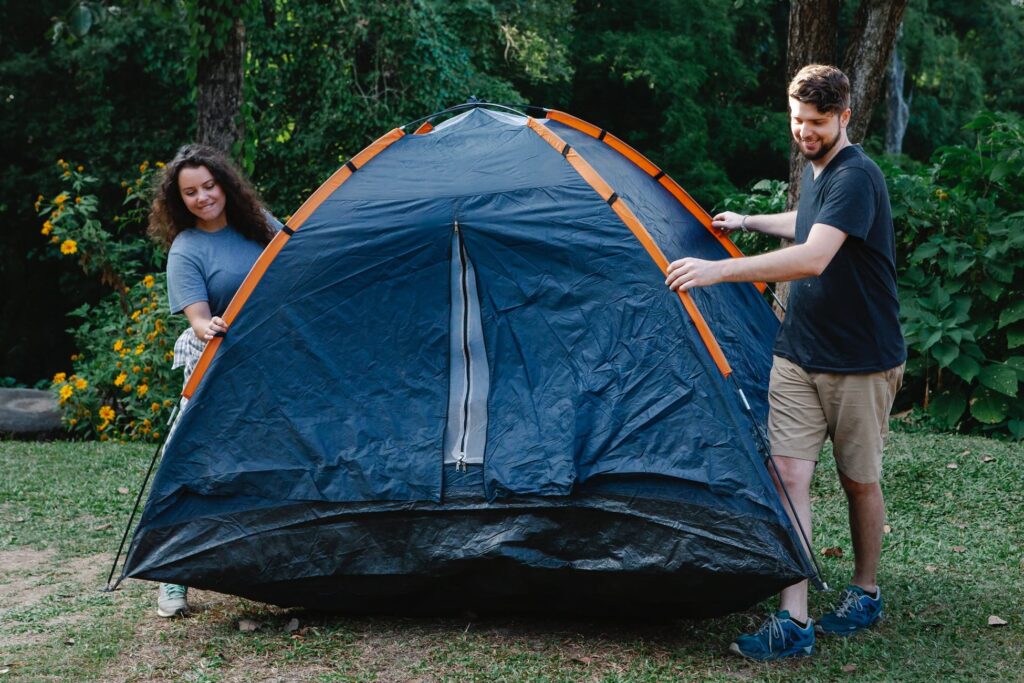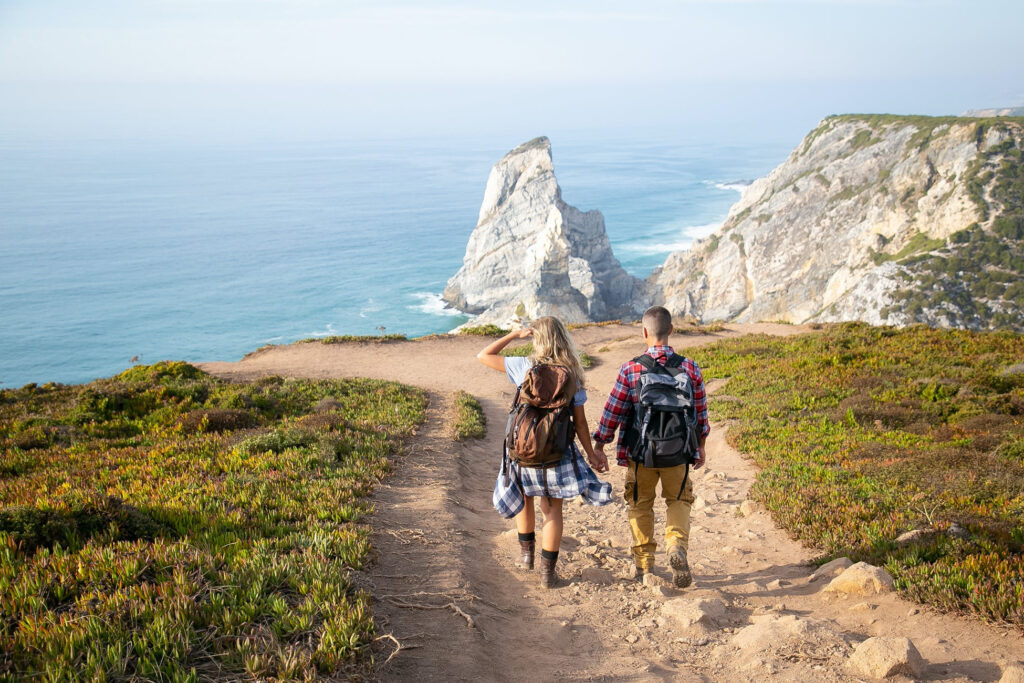About 40 million go camping every year in the United States alone. Surely, the pandemic has dwindled down the numbers, making the great outdoors even more a luxury now for a lucky few. Despite the drastic decrease in campers, the urgency to preserve our environment must not be overlooked. We must continue to camp the eco-friendly way.
Whether you’re off winter camping or planning for the next season, keep these green camping tips in mind.
1. Camp within your area

If you’re fortunate enough to live in areas that are well integrated with hiking trails, parks and forests, it’s best to explore them first. Remember, being eco-friendly campers means being hyperaware of your carbon footprint. Exploring your areas first means you don’t have to drive too far, or perhaps even walk or bike towards your destinations.
Connecting with your local park authorities could also help you get a better sense of where you can camp within your vicinity. Some private lands are also open to land-sharing opportunities.
2. Bring your reusable items

It’s absolutely essential to bring just about every reusable item for your trip. Plastic is extremely toxic to Mother Earth. That’s why you must continuously be conscious on what you bring and leave out.
Pack your beverage tumblers, cutlery and crockery. There are plenty of collapsible bowls and mugs available today that you can use too. If you’re camping with family, this is a great opportunity to teach them how to be responsible campers. Furthermore, they will grow up understanding the value of co-existing with nature instead of destroying it.
3. Invest in ethical camping equipment

Along with your reusables, it’s best to invest on ethical equipment. A cheap tent may not be sustainable if you need to buy a new on every time. Sure, you may have to shell out some extra dollars. However, having the best possible brand that is both quality and conscious will last you a life time.
A little research can go a long way. Find brands that have certifications like Fairtrade and Bluesign. Study how the products are made and what their current reputation is. For starters, Patagonia, Kathmandu, North Face and Vaude are among the top of the list.
4. Think about the right time for camping

It’s often forgotten how important timing is when camping. For example, mating season for animals means you’re better of rescheduling. This allows for the natural order of things to continue and it shows respect to how other living things exist.
Another is if it’s high season, it could be equally disruptive to Mother Nature. You may want to reconsider going for low-season, where there are fewer people and you can get a genuinely fun experience out of it.
5. Leave no trace

Easily the most important thing to remember when going on an eco-friendly camping trip is to leave nothing behind. Bring everything you brought back with you because the smallest trash can ruin nature’s balance. From the wildlife to the surroundings, leaving trash can ultimately mean damaging consequences.
Bring your biodegradable trash bags and safely dispose your trash in correct areas. When you’re camping, make sure your rubbish is safe or secure so it won’t attract animals.
Eco-friendly camping is more than just being equipped with the correct equipment. It’s about a deep sense of understanding and respect towards the environment; that every action we take is pivotal to our planet’s future.





